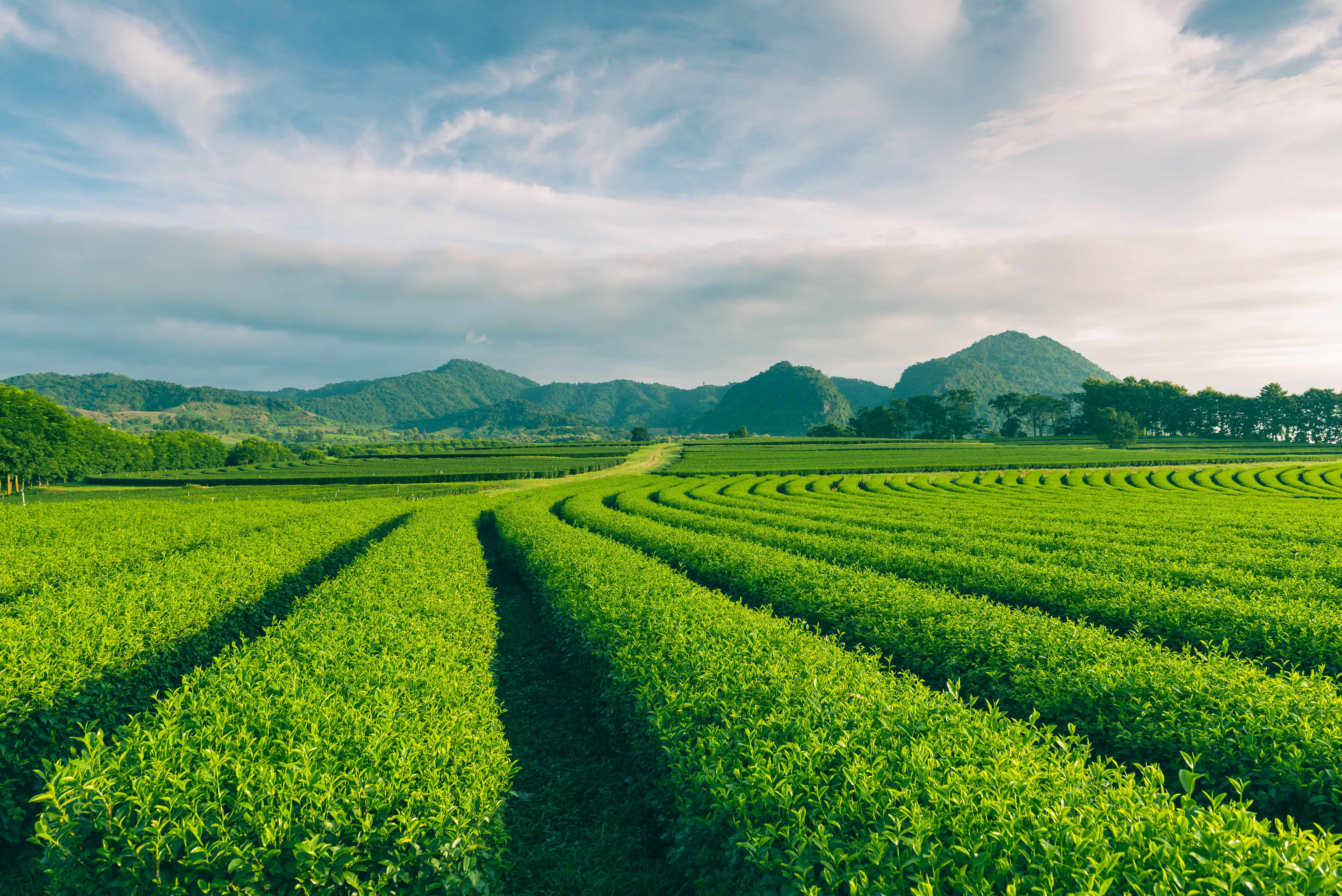Agriculture is the most important economic sector to Vietnam, with around 70% of Vietnamese people living in rural areas and over 39% of the total area of the country devoted to agricultural production. Although the Covid-19 pandemic has hit Vietnam’s agriculture sector hard in terms of a reduction in purchasing power and serious disruption to supply chains, the sector seems to be adapting well to these challenges. As the agricultural sector adds up to 24% of Vietnam’s gross domestic product, over 70% of employment and 20% of total exports, there’s no doubt that this resilience is good news for agricultural recruitment in Vietnam.
Process development is the key to Vietnam’s agricultural success
Despite the challenges of Covid-19 and climate change, Vietnam’s agricultural sector still managed to maintain an impressive growth rate of 2.65%. In fact, Vietnamese farmers are expecting 2021 to be a bumper year and this is because of, rather than despite, the pandemic.
In 2020, 41 billion USD was earned by Vietnam’s combined agricultural, forestry and fishery exports. In addition, this year’s rice exports are expected to earn the country 3 billion USD as prices undergo an unprecedented rise. Vietnam is exporting fresh lychees to Japan for the very first time, rambutan is being sold in Taiwan and tra fish and shrimp are being exported to Brazil. Other factors which have had a significant, positive impact are the billions of US dollars being invested in the farm processing industry, and Vietnam’s new rural development programme.
Vietnam’s agricultural sectors, and challenges in recruitment
Vietnam has a diverse range of agricultural sectors, ranging from crop production and animal agribusiness, through to aquaculture and forestry.
Crop production in Vietnam plays a huge part in ensuring local food security in the country, increasing agricultural recruitment, alleviating poverty and improving the income of labourers. A range of crops are widely produced, including sweet potatoes, corn, rice and cassava. Rice, in fact, accounts for 94% of the land used for intensive cultivation, accounting for the main food consumed in Vietnam. In 2020, rice exports reached $3 billion USD; a figure which represents growth of more than 10% year on year.
Vietnam is among the world’s most populated countries with a population of over 97 million. As a result of rapid increases in income and population growth, the country has seen a massive growth in livestock consumption. However, although there has been in a steady trend in the national meat industry, the production of domestically produced meat has barely kept pace with local demand. This is largely due to factors including a reliance on imported animal feed, geographical limitations, fragmented farms and regulatory policy. Furthermore, alongside this insufficiency in domestic consumption demand, the lack of a key player with a large market share in Vietnam’s livestock sector has resulted in a significant opportunity for both local and foreign investment.
Vietnam boasts a 3,260 kilometre long coastline which is protected by a 1 million square kilometre Economic Exclusion Zone. As a result, Vietnam is widely recognised as one of the most suitable locations for a seafood industry based upon a diverse aquaculture system. Thanks to natural advantages, Vietnam has become an important exporter of a range of aquaculture products including tuna, shrimp, pangasius and marine fish. Despite this, in comparison with other sectors in Vietnam’s agricultural industries, its seafood sector saw a slight decrease in export turnover in 2020 of $8.4 billion USD, down 1.8% in comparison to 2019.
Last and by no means least, although the Covid-19 pandemic has undoubtedly had a negative impact upon global forest exports, Vietnam’s forestry industry has bucked the trend with strong growth of over 16.9% in comparison to 2019. As result, Vietnam is now the worlds 5th largest exporter of forest products and the second largest in Asia. Not only does forest cover expand the local economy, Vietnam’s forestry industry receives intensive government support. However, despite its impressive performance, the outlook for the forestry industry continues to remain uncertain as a result of a range of challenges, including over-utilisation of resources, land competition with other industries and risks from export markets.
Although Vietnam expects 2021 to be another bumper harvest, it’s clear that talented individuals are required to help address some of the issues still remaining within the agricultural sector.
Peak: agriculture recruitment consultants in Vietnam
Peak Recruitment is an agricultural recruitment company in Vietnam, currently recruiting for a wide selection of opportunities in sectors agribusiness, animal agriculture and supply chain management

